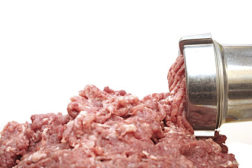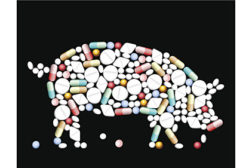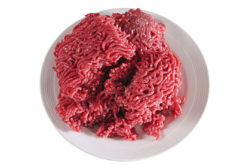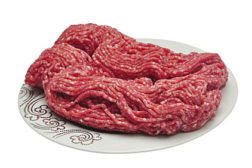Dennis R. Johnson
Dennis R. Johnson is a principal with Olsson Frank Weeda Terman Matz PC in Washington, D.C. Mr. Johnson has 30 years experience in food-safety law and regulation, representing large and small meat and poultry companies.
ARTICLES
Regulations & Legislation
FSIS clarifies, expands sampling eligibility for raw beef products
Read MoreRegulations & Legislation
FSIS proposes mandating grinding logs at establishments, retailers
Read MoreStay ahead of the curve. Unlock a dose of cutting-edge insights.
Receive our premium content directly to your inbox.
SIGN-UP TODAYCopyright ©2025. All Rights Reserved BNP Media.
Design, CMS, Hosting & Web Development :: ePublishing










